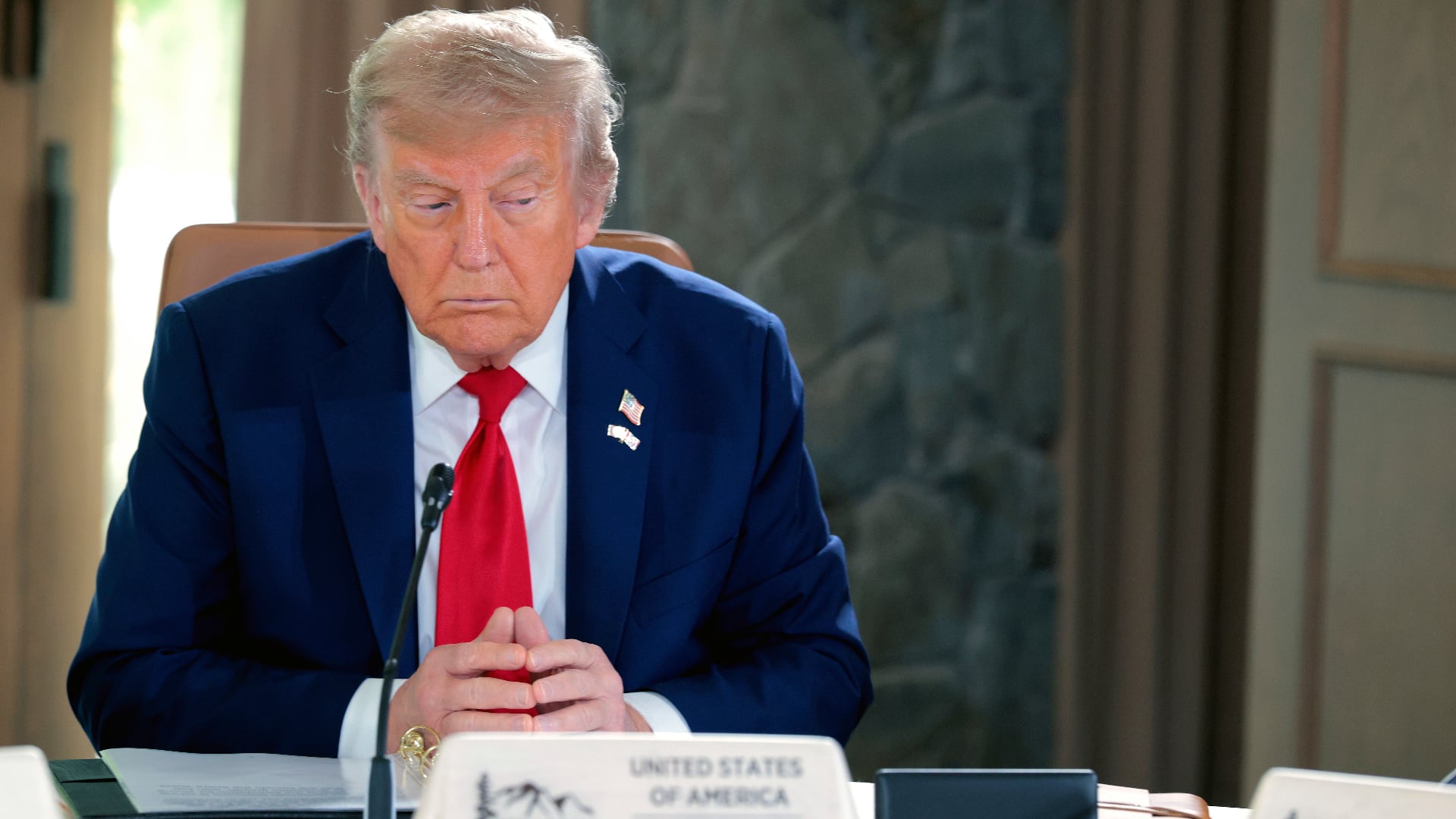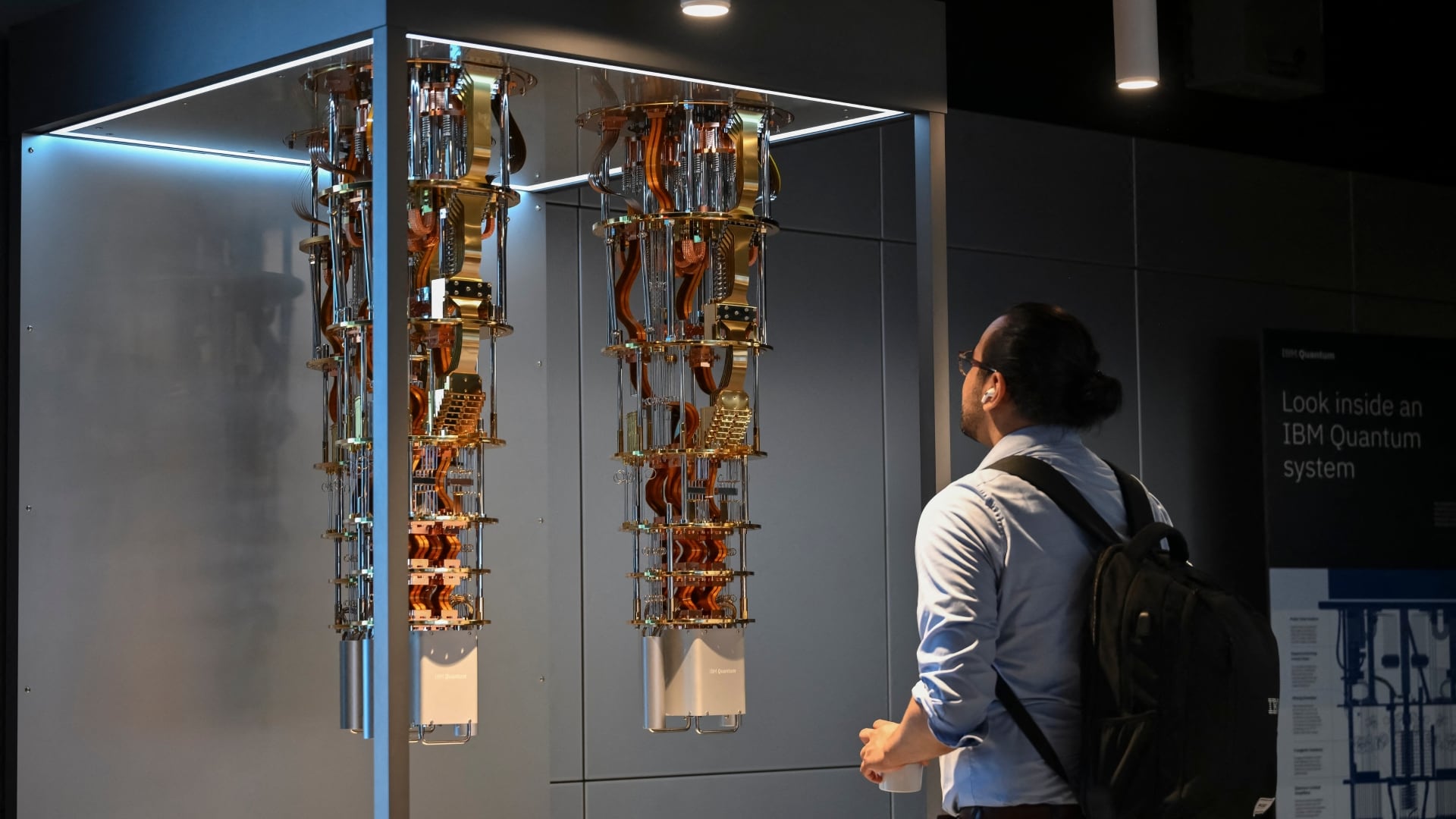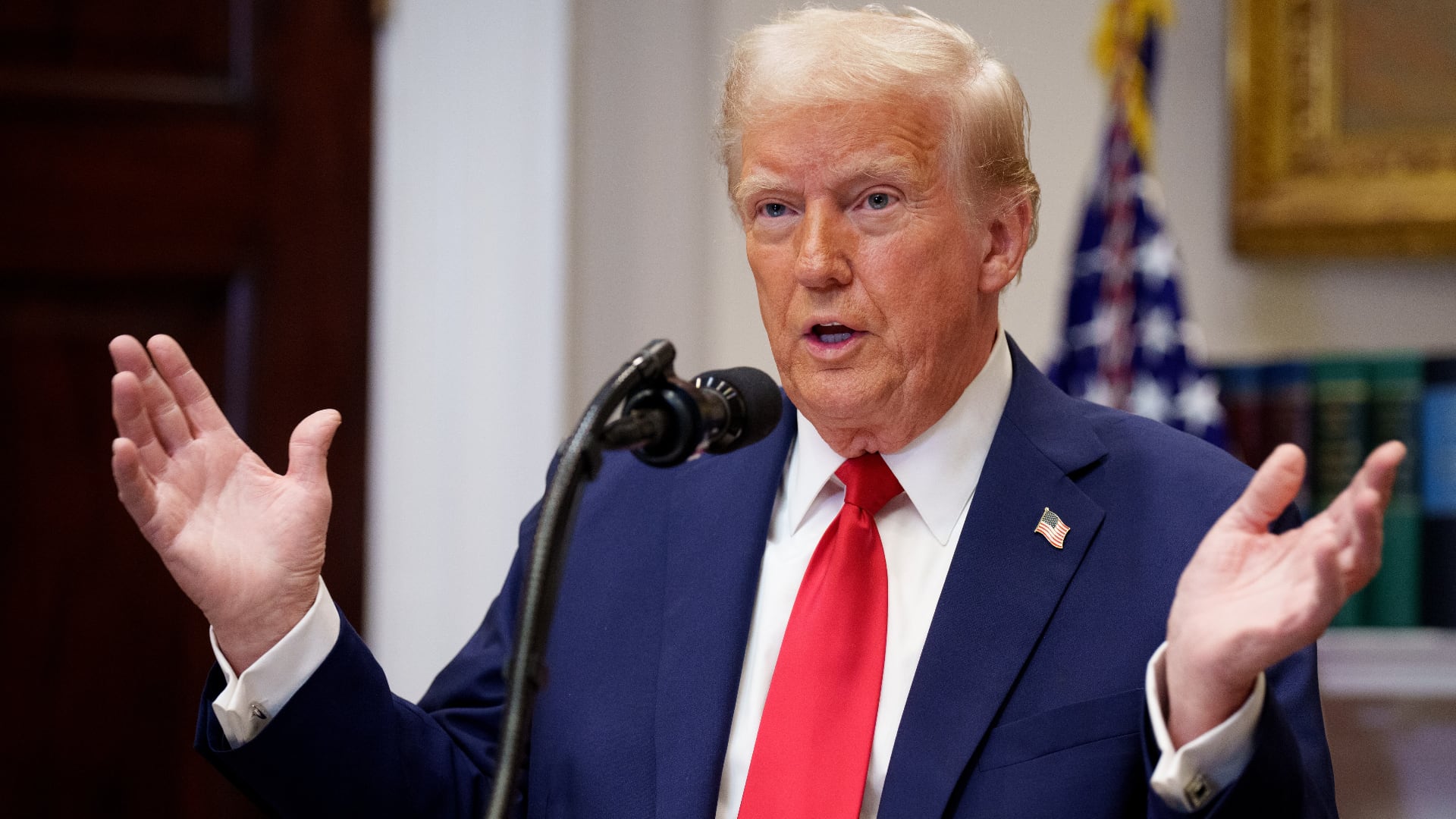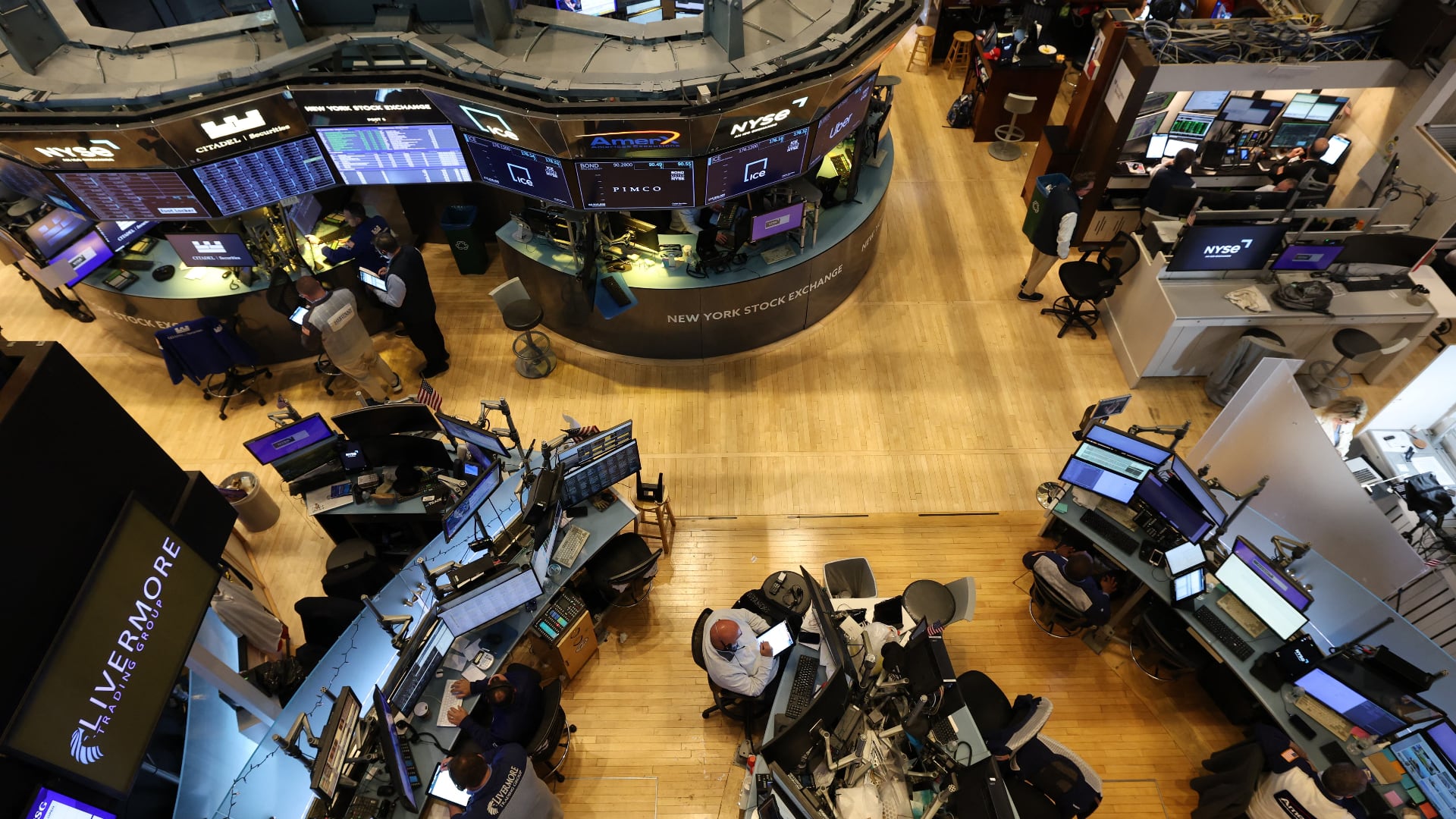*By Alex Heath* For marijuana opponent Kevin Sabet, the current state of the cannabis industry is like the early days of tobacco. “Sometimes I feel like I’m waking up, not in 2018, but in 1918 ー but with tobacco, when we had a relatively new industry that had a product that’s been around for a long time but that they started marketing and developing into something addictive,” he recently told Cheddar during an exclusive interview at the Allen & Co. conference in Sun Valley, Idaho. "We didn’t have people dying of lung cancer 120 years ago at anywhere near the rate we do now.” Sabet, who co-founded a nonprofit organization called Smart Approaches to Marijuana, is one of the most vocal critics of the burgeoning cannabis industry in the United States. He was invited to present his views in Sun Valley, a gathering of some of the world’s foremost tech and business leaders, including Amazon CEO Jeff Bezos and Warren Buffett. While Sabet said that he’s opposed to the criminalization of marijuana use, he is against legalizing it for non-medical purposes. He maintained that the rapidly growing economy around cannabis products is being fueled by lobbyists and other groups who don’t have the customer’s best interests at heart. “The revolving door of special interests for alcohol, tobacco, and pharma are bad enough,” he said. “The idea that we want another, sort of, above board, legal, normalized industry — we can’t handle the ones we have now.” While Sabet is a loud voice in opposition to the cannabis industry, recent data suggest that most Americans are in favor of legalizing weed. An October 2017 Gallup poll found that 64 percent of Americans support making recreational marijuana use lawful. For the full segment, [click here.](https://cheddar.com/videos/kevin-sabet-on-similarities-between-marijuana-tobacco-industry)












